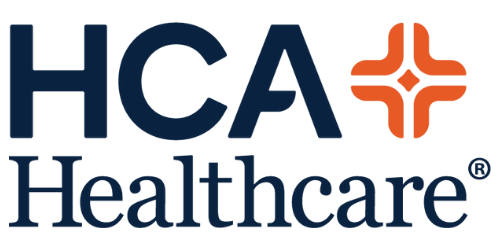
November 22, 2022 – HCA Healthcare announced that it collected 19,423 pounds of unused or expired medications during its fourth annual “Crush the Crisis” national opioid take back day on October 29, 2022. It is the most HCA Healthcare has collected in this annual event, eclipsing the 15,566 pounds it collected last year. HCA Healthcare has now collected approximately 54,644 pounds of medication since launching “Crush the Crisis” in 2017.
This year, all 15 HCA Healthcare U.S. divisions participated alongside local law enforcement in a “Crush the Crisis” opioid take back day to raise awareness about the dangers of opioid misuse and the importance of proper disposal of unused or expired medications. An estimated 13.4 million doses of medication were collected at more than 100 collection sites across 17 states. HCA Healthcare’s “Crush the Crisis” events were held in alignment with the Drug Enforcement Administration’s (DEA) National Prescription Drug Take Back Day, which collected 647,163 pounds of medication.
HCA Healthcare facility events with the greatest amount of medication collected this year include:
- The Medical Center of Aurora in Aurora, Colorado collected 770 pounds
- Medical City McKinney in McKinney, Texas collected 664 pounds
- Chippenham Hospital and Johnston-Willis Hospital in Richmond, Virginia collected 633 pounds
- Methodist ER Legacy Trails in San Antonio, Texas collected 608 pounds
- St. David’s Healthcare in Austin, Texas collected 564 pounds
As a learning health system, HCA Healthcare uses data from approximately 35 million annual patient encounters to help continuously improve care. The organization uses the science of “big data” to reduce opioid misuse and transform pain management, with initiatives in surgical, emergency and other care settings, including:
- Enhanced Surgical Recovery (ESR): a multi-modal approach to pain management using pre, intra and post-operative interventions to optimize outcomes. HCA Healthcare’s ESR programs have demonstrated significant improvements in surgical recovery and patient satisfaction, including up to a 44 percent decrease in opioid usage for targeted complex surgeries.
- Electronic prescribing of controlled substances (EPCS): aims to stem increasing rates of opioid-related addiction, misuse diversion and death by making it more difficult for medication-seekers to doctor-shop and alter prescriptions. Physicians have access to aggregated electronic health records, providing data that will allow them to prescribe opioids judiciously.
